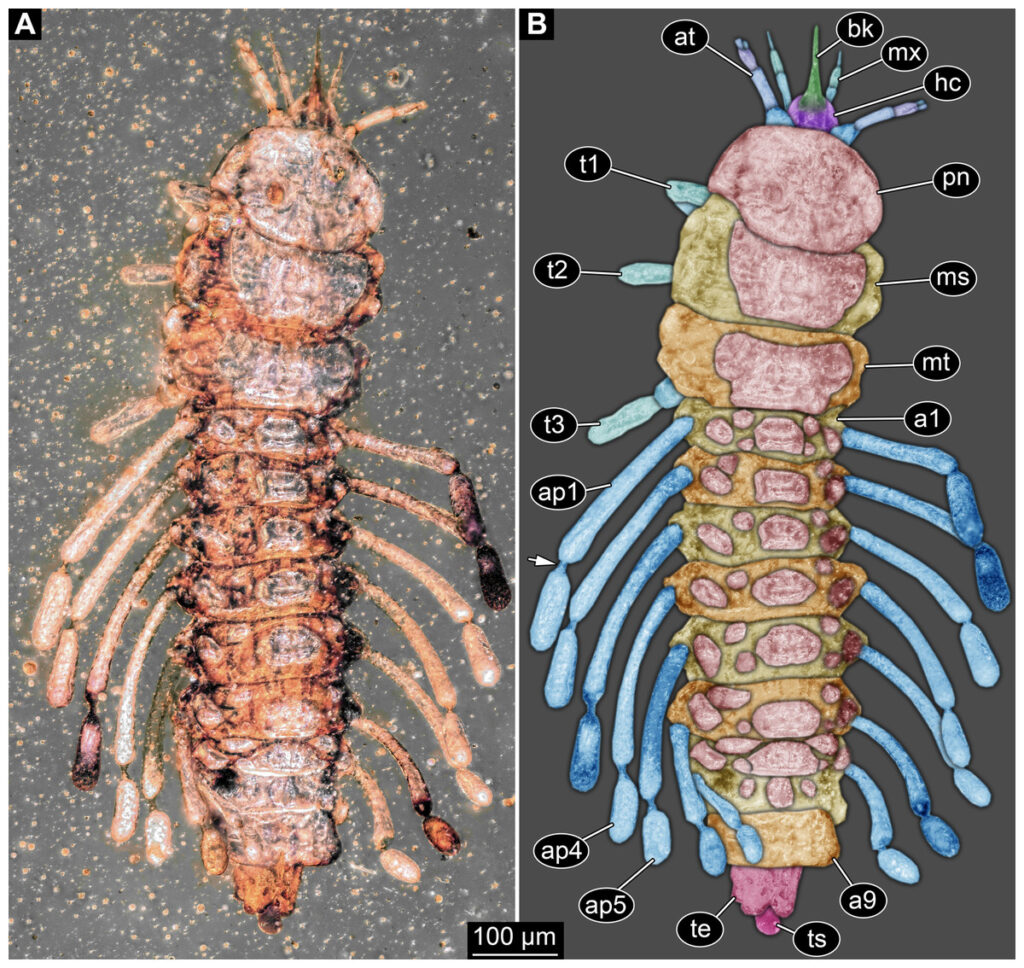Mouth larva or oral myiasis is a relatively not-so-frequent but disturbing condition that occurs when fly larvae infest the soft tissues of the mouth. Such a thing might inflict extreme pain and health complications if treated slowly. This article teaches what mouth larva is, its causes, symptoms, treatments, and why prevention is key.
What is Mouth Larva?
What is mouth larva? The term mouth larva refers to the larvae of certain types of flies that invade the oral cavity. They are collectively called maggots, as they hatch from eggs laid in decomposing organic matter or exposed wounds by flies. The disease is very common in tropical and subtropical regions where practices of hygiene are not established. The mouth larva meaning would be complete in understanding the causes and symptoms of the condition as well as its treatment and prevention.
Causes of Mouth Larva
Mouth larva causes due to some of the following:
- Poor Oral Hygiene: Poor oral hygiene will provide room for flies in the oral cavity. Insects find breeding grounds on food debris within the oral cavity, which leads to infestations.
- Ulcers in the Mouth: There is an opening in the mouth through which a fly larva finds entry. Such wounds are so warm, moist, and friendly to the larvae once the eggs are laid there by the flies.
- Poor Immunity: Infected individuals whose immunity is poor become infected easily. All factors that expose the human body to fighting fewer infections make its development more probable.
- Environmental Factors: Higher populations of flies increase the possibility of infestation. Poor hygiene and sanitation up these risks.
Mouth Larva Symptoms
The sooner the mouth larva symptoms are diagnosed, the greater the chance for successful treatment. Possible symptoms include:
Intense pain at the site, from slight to severe; pain as the larvae digest tissue.
- Swelling: Since these larvae often settle in many soft tissues, they may cause extreme swelling within the mouth and throat, so a patient may start to experience trouble speaking or eating.
- Halitosis: Caused by larvae, where foul breath comes forth from tissue necrosis and bacteria.
- Visible Larvae: Chances of finding tiny white maggots in the mouth or ulcers are small.
- Sensation of Movement: The patients may feel that something is moving inside their mouths, through the sensation of the larvae motion.
If you notice one of these signs, do not hesitate to report it so that you can visit the doctor immediately.
Mouth Larva Extraction
If the symptoms develop, seek medication as soon as possible since the disease can easily degrade. This is the overall process that takes place during treatment:
1. Medical Examination
A doctor will evaluate the mouth to determine the extent of the infection. Furthermore, they will enquire about your medical history and any known diseases that may influence your susceptibility to the infection.
2. Hand-picking
Most doctors will merely hand-pick the larvae that are apparent in the mouth using instruments. However, they first administer local anesthesia to reduce the pain caused by removal.
3. Medication against the Parasite
After mouth larva removal, doctors may prescribe antiparasitic medications to eliminate any remaining larvae and prevent re-infestation. These medications help ensure that all parasites are eradicated from your system.
4. Wound Care
If there are any open sores or wounds in your mouth, proper care is essential for healing. This may involve cleaning the affected areas regularly and using prescribed topical treatments.
5. Follow-Up Care
Sometimes, follow-up appointments have to be taken to observe how the healing is going on and whether larvae have developed. The doctor will also counsel you on how to keep good oral hygiene that will prevent such infestations in the future.
Prevention Measures
Mouth larva can be prevented by good oral hygiene and minimal exposure to flies. The measures are as follows:
- Good Oral Hygiene: Brush and floss your mouth regularly to ensure it remains clean with no food bits.
- Avoid Open Wounds: Treat all cuts and sores within your mouth promptly.
- Limit Exposure: If you live in an area that has a lot of flies, consider using screens on windows and doors to avoid them.
- Stay Informed: Learn health precautions about places having oral myiasis or any other related problem.
Conclusion
Although mouth larva is a rare condition, it is a painful one that can cause so many discomforts and health issues if it is not treated immediately. Understanding what is mouth larva? identifying its symptoms in its initial stages, and the treatment for it are considered important steps to the management of this distressing issue.
In fact, with proper oral hygiene and health maintenance, this condition may be minimized or reduced to a minimum. Once you start feeling symptoms linked with mouth larva, do not hesitate and seek medical attention so that effective treatment can be done, and peace of mind will be yours.
Conclusion In a nutshell, being aware of the mouth larva allows the individual to take preventive measures that will ensure its absence while at the same time ensuring that timely intervention occurs.








Leave a Reply